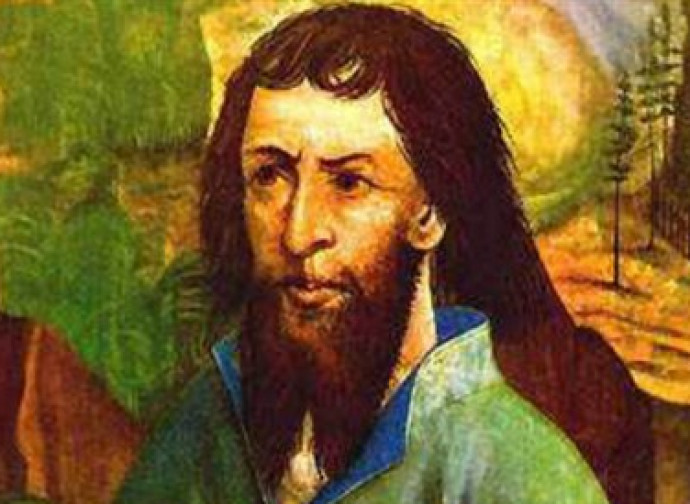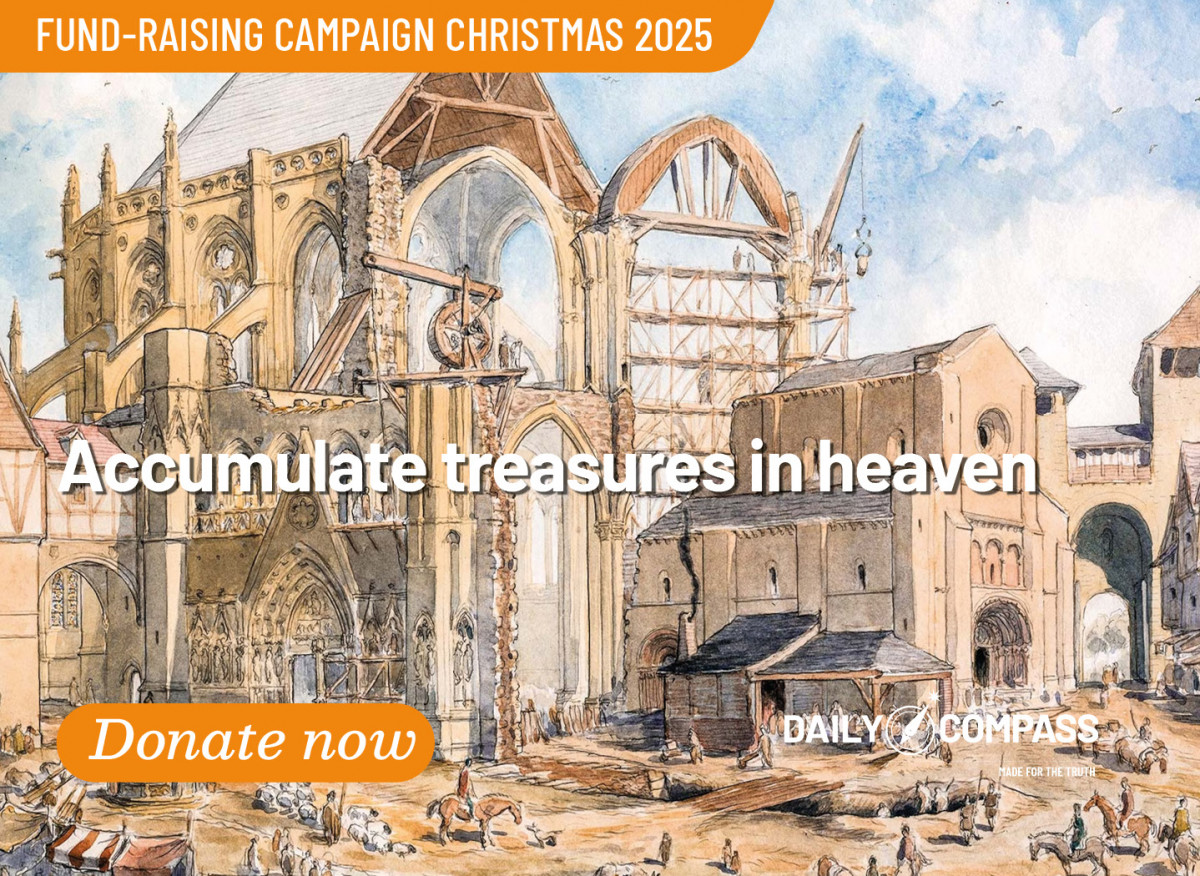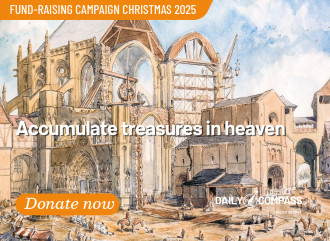Saint Nicholas of Flüe
Farmer, soldier, hermit, mystic, saviour and patron of Switzerland. The Swiss call him Bruder Klaus, “Brother Nicholas”, and no one in the world knows better than they how much this saint has influenced the history of Switzerland.

Farmer, soldier, hermit, mystic, saviour and patron of Switzerland. The Swiss call him Bruder Klaus, “Brother Nicholas”, and no one in the world knows better than they how much this saint has influenced the history of Switzerland. St. Nicholas of Flüe (1417-1487) was born into a farming family and as a young man took part in the wars against the Habsburgs. He then married Dorothea Wyss, who bore him ten children, five sons and five daughters. He could neither read nor write, but was interested in the politics of his country, which was then developing, and was a member of the Federal Diet, a councillor and a judge. He left the office of magistrate because he was unable to abolish an unjust sentence.
He first had a mystical experience at the age of 16, but his spiritual development did not happen suddenly; it was nurtured by a priest who introduced him to the group of Gottesfreunde (Friends of God). One day, when his Faith was burgeoning, he prayed to God asking for the grace to adore Him fervently. He heard a voice coming from a cloud, ordering him to surrender himself to the Divine Will. He was 50 years old. He realized that he had to leave everything to receive a hundredfold in return, as Jesus had promised. He asked for three graces: to obtain the consent of his wife and older children, not to be tempted to go back, to be able to live without food. Providence granted him all three, and so, on October 16, 1467, he said farewell to “his dearest wife” and children, and set off on his travels.
Another divine sign made it clear to him that he should perform his service in his homeland. He therefore decided to live in solitude in a valley of the Ranft, not far from home. From then on and for almost 20 years, until the day he died, he fed on the Eucharist alone, a fact about which there is undisputed historical evidence. Intrigued and attracted by his life of prayer and penance, the valley dwellers built a chapel next to his small wooden cell. To a visitor who asked him how to meditate on the Passion of Christ, he replied: “Whatever way you choose is good: God knows how to make prayer so sweet for man that he dives into it as if he were going to dance, but God also knows how to make it a struggle for him”. In his hermitage he had a very intense vision of God, and had a large wheel painted in his chapel, whose spokes represented both the love within the Most Holy Trinity and the ways chosen by God for His mercy to descend among us and raise us up to Him, through the Incarnation, the Passion, and the Sacraments.
On the night of 21 December 1481, when the old Confederation was on the brink of civil war, a friend hurried to visit him, convinced that Nicholas' counsel was the last hope for an agreement between the delegates to the Swiss Diet. And so it was. Thanks to the saint's message, the following day all the cantons signed an unexpected and decisive pact, the Stans Convention. A letter written on 29 December from the Canton of Solothurn thanked him as follows: “To the venerable and pious brother Nicholas of Unterwalden, our good and faithful lawyer. We know that by the grace of God Almighty and his beloved Mother, by your faithful advice and opinions, you have restored peace, calm and unity throughout the Confederation [...]. We give praise and thanksgiving to the true God, to the whole heavenly court, and to you as lover of peace”. Beatified in 1669, he was canonized in 1947 by Pius XII, who proclaimed him patron saint of Switzerland. He is also co-patron of the Swiss Papal Guard.




